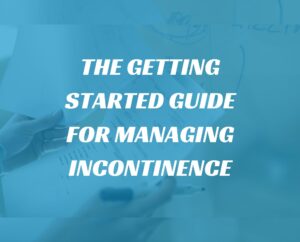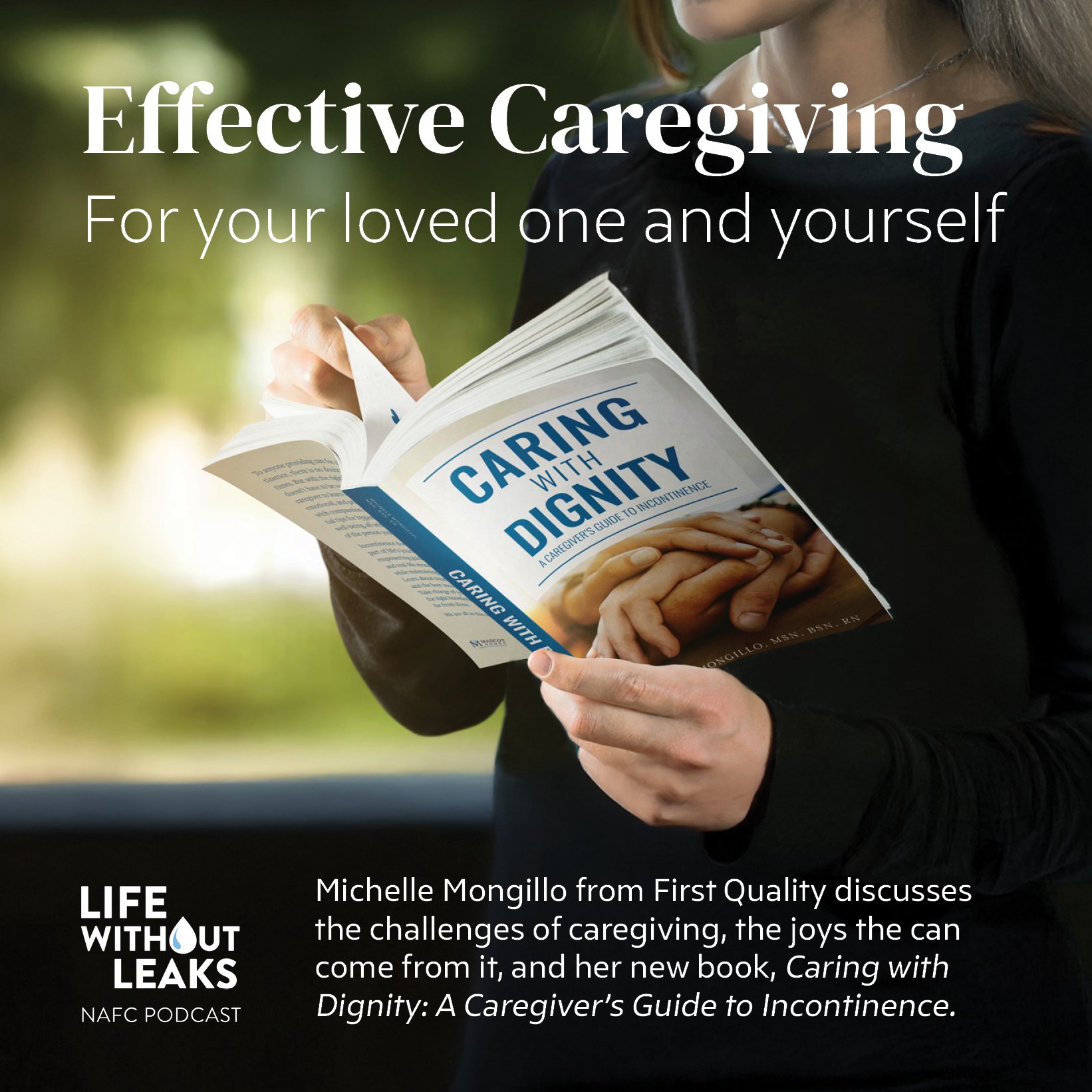NAFC’s Step By Step Guide To Managing Incontinence
If you’re new to this whole incontinence game, you may wonder how on earth you’re going to manage. Preventing leaks, keeping things clean, and navigating the isles of adult absorbent products at the grocery store are all probably top of mind right now, and rightly so. These are often the first steps people take when trying to manage bladder leaks.
But what comes next? And how do you even begin to tackle those items we just listed above?
We have you covered. NAFC has dedicated a whole section of our website to just getting started (which, to be honest, is often the hardest part). We’ve outlined the things you should do before you even make your first appointment to see your doctor (which you should do anyway, even if you complete all the steps we outline in our Getting Started Guide).

This guide covers the basic steps, from how to keep a bladder diary, finding the right absorbent product, practicing pelvic floor strengthening moves, retraining your bladder or bowel, and a look at the vast array of options you have available to you for managing incontinence.
So take a look around, and start implementing some of these tips! Begin with the first step: finding an immediate way to manage your condition with absorbent products. Then move on to the other helpful tips.
Click Here To Read Through Our Step By Step Incontinence Management Guide






